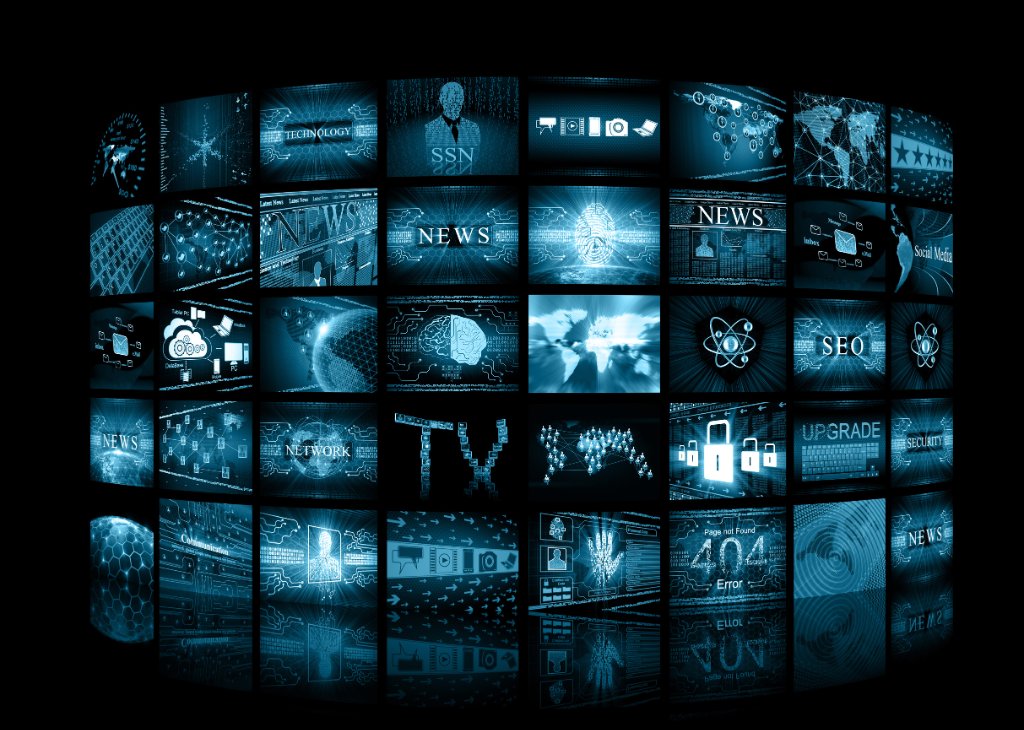This abstract is summarized by IPR from the original article published in the Public Relations Review.
Erica Ciszek, Ph.D., researched the contemporary articulation of LGBT activism and LGBT youth outreach as a historically contextual moment. Ciszek used the cultural-economic framework model (CEM; Curtin & Gaither, 2005), to examine identities in terms of what norms they legitimize and why consumers adopt or reject some identities found in campaign materials.
Data was collected through a series of interviews with six producers of an LGBT activist campaign, “It Gets Better Project”, and 24 LGBT youth. Interviews were conducted in person and through Internet chat platforms (Facebook Chat, Google Chat, and Skype Chat) from 2013 through 2015.
Some key findings from this study include:
– Youth emphasized that the project deconstructed stereotypes by providing robust and complex representations of LGBT people and issues, in contrast to the homogenization of LGBT people and issues they perceived in the media.
– Identities are produced and consumed as part of the cycle of production/consumption, in which meanings arise through articulations. Production and consumption are not stand-alone moments but form discourses of contested meanings.
– The CEM rejected a universal articulation of LGBT, rather understanding LGBT identity as culturally and historically contextual.
– Power differentials shift given situational variables and that a more complex process is at play, a process that is a dynamic interplay between producers and consumers that situates power as localized and contingent, not simply belonging to an organization, or its publics, or shared proportionally between them.
Read more to learn how meanings of LGBT identity are generated through campaign discourses and examine popular and alternative narratives that emerge from campaign messages.




